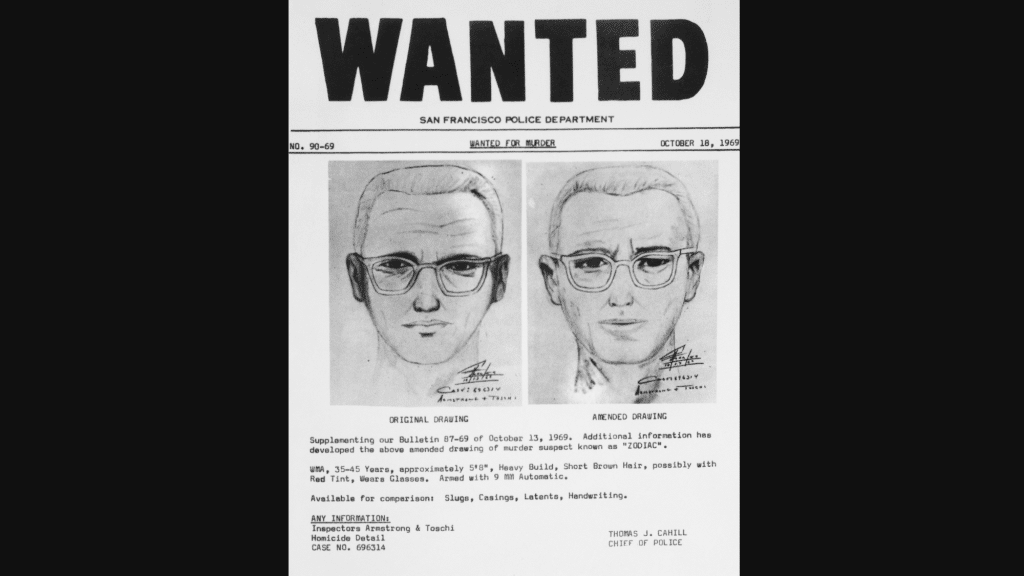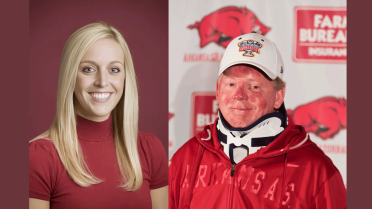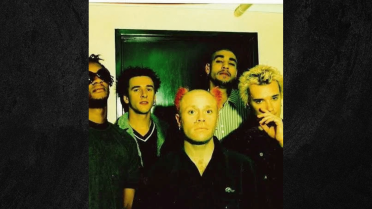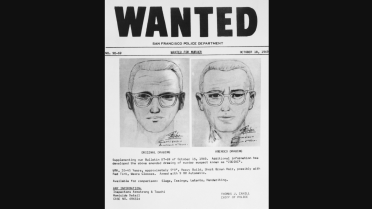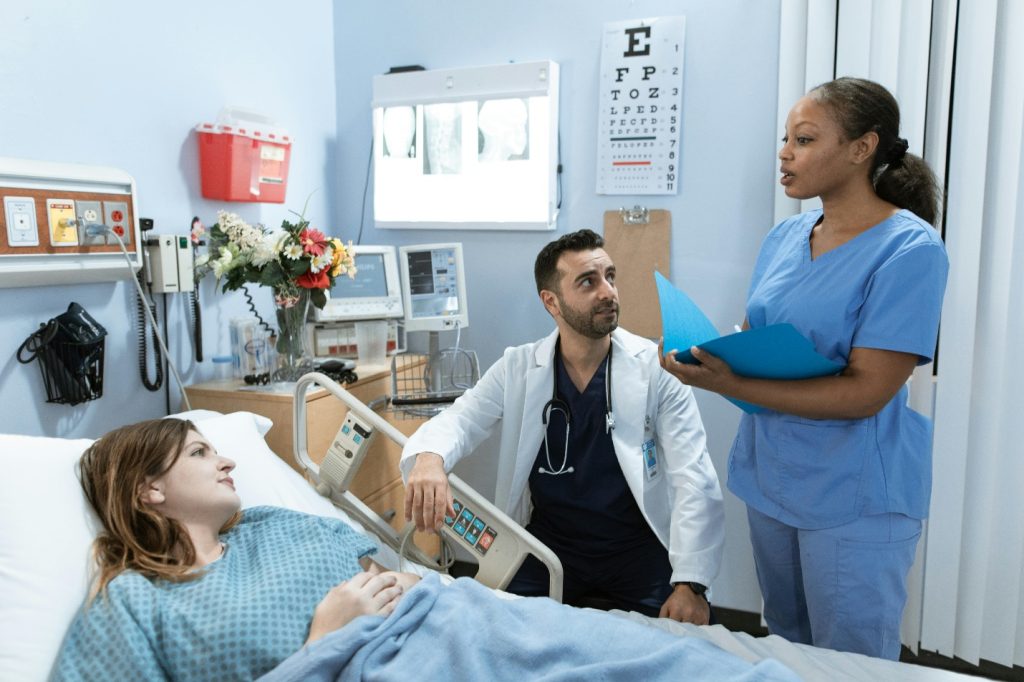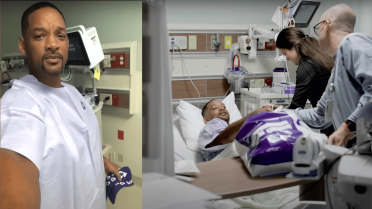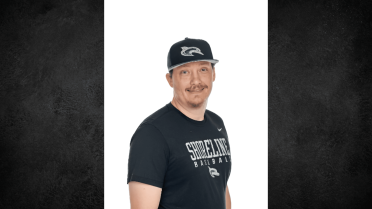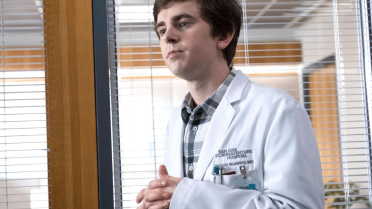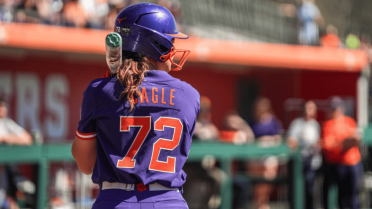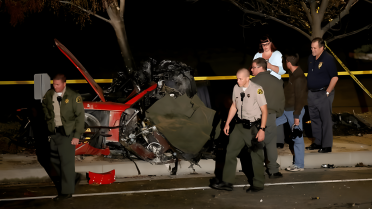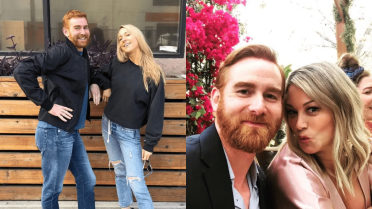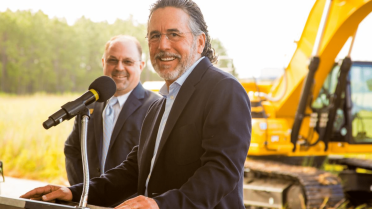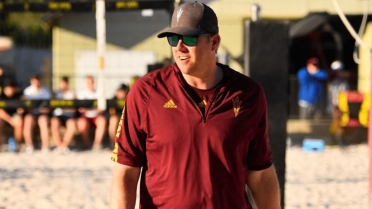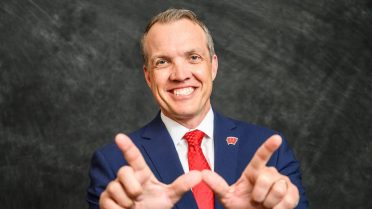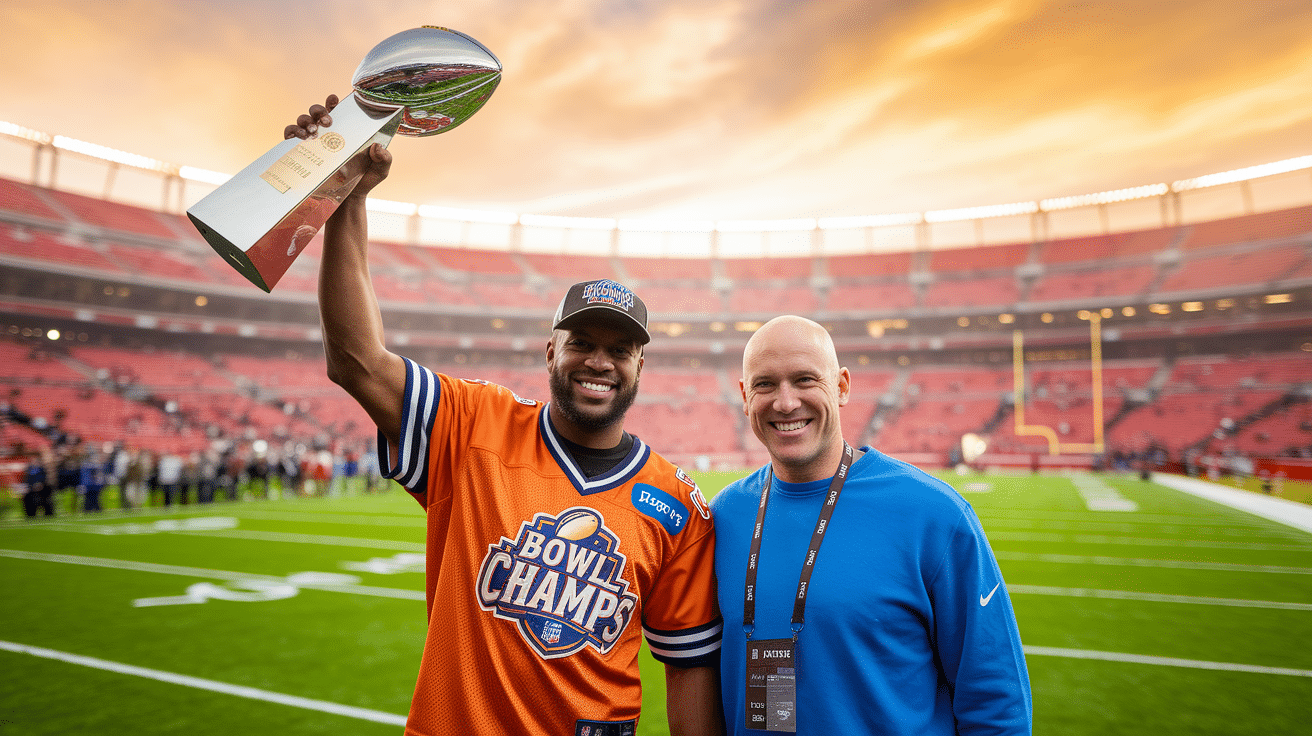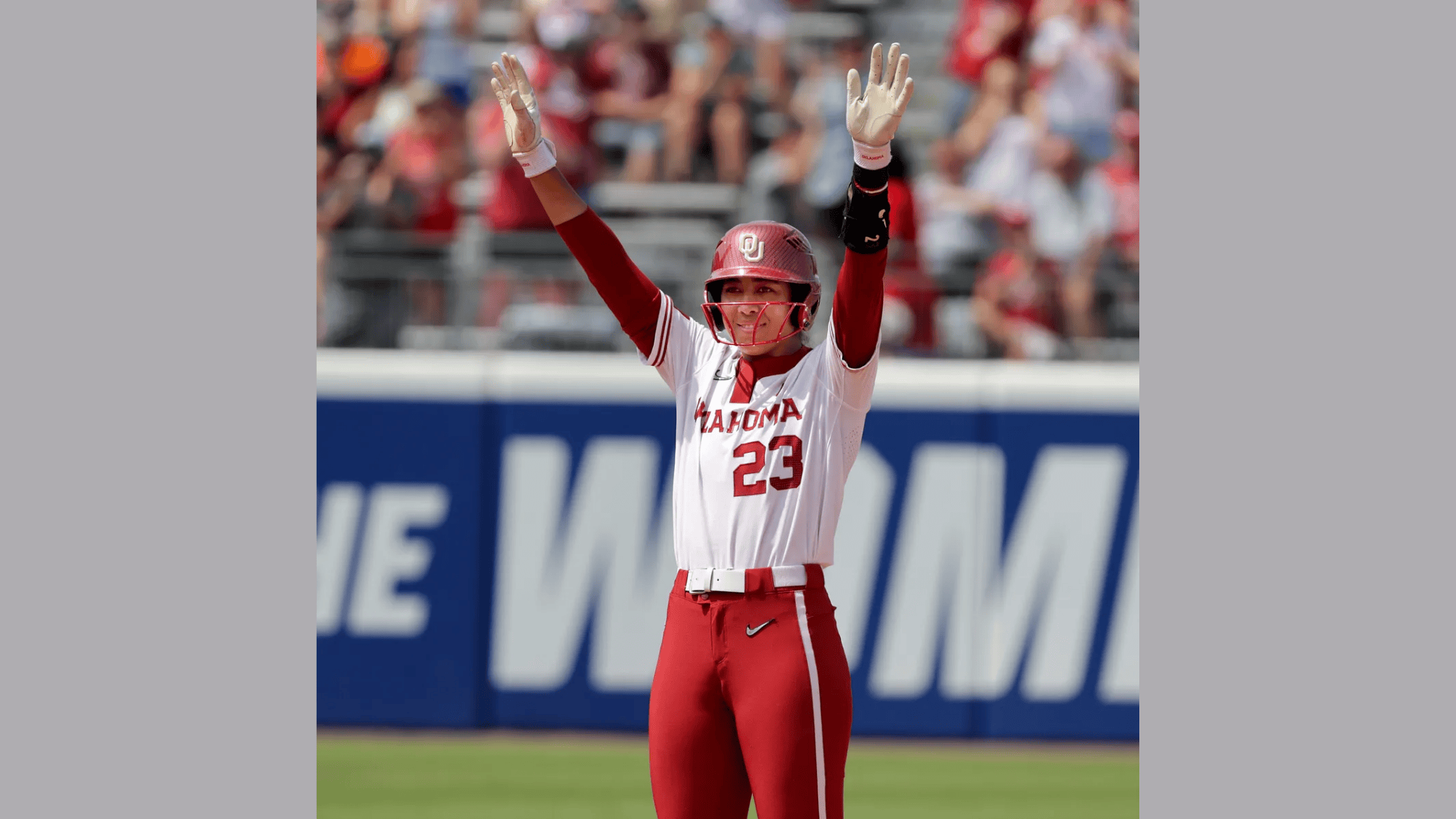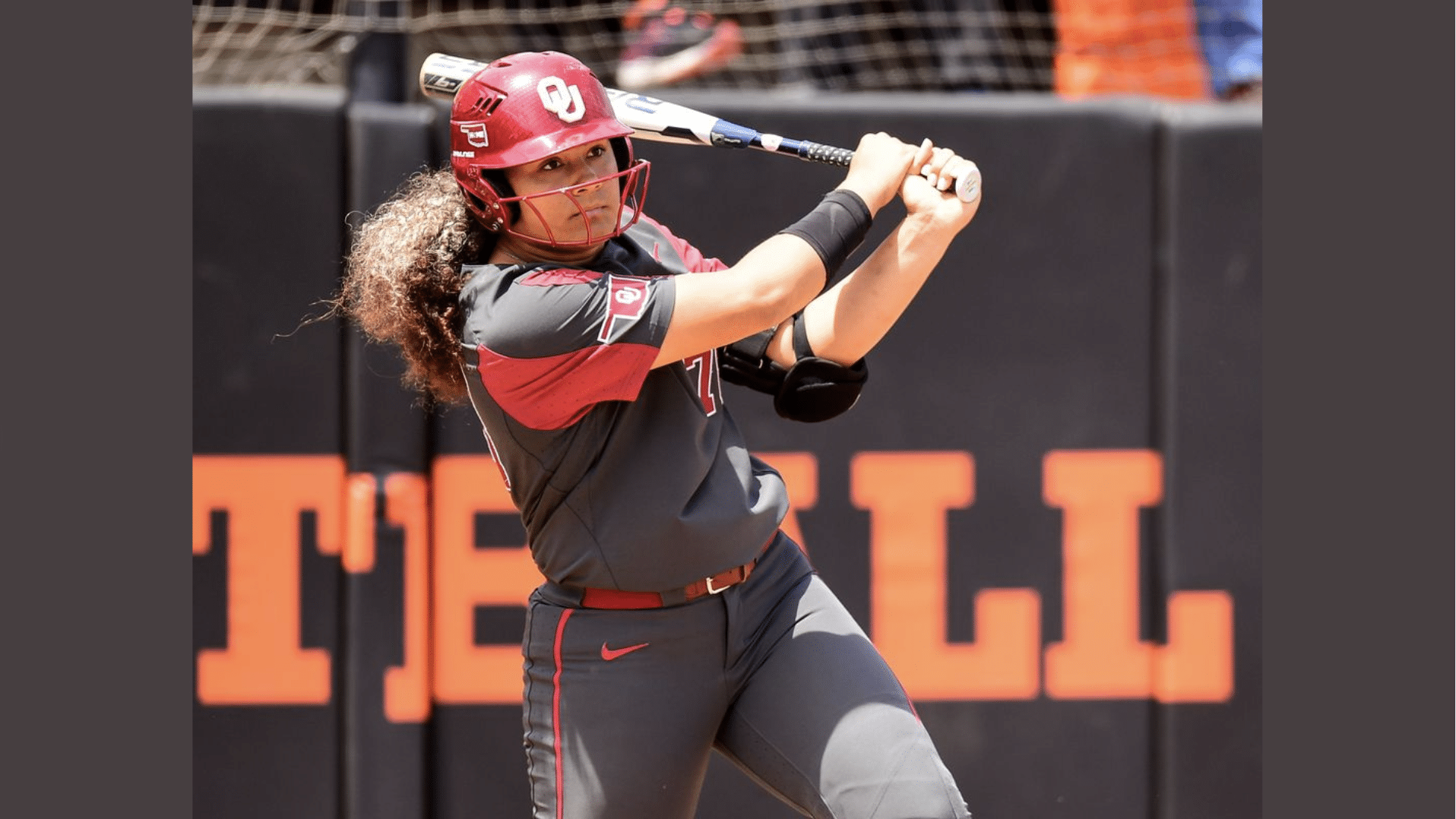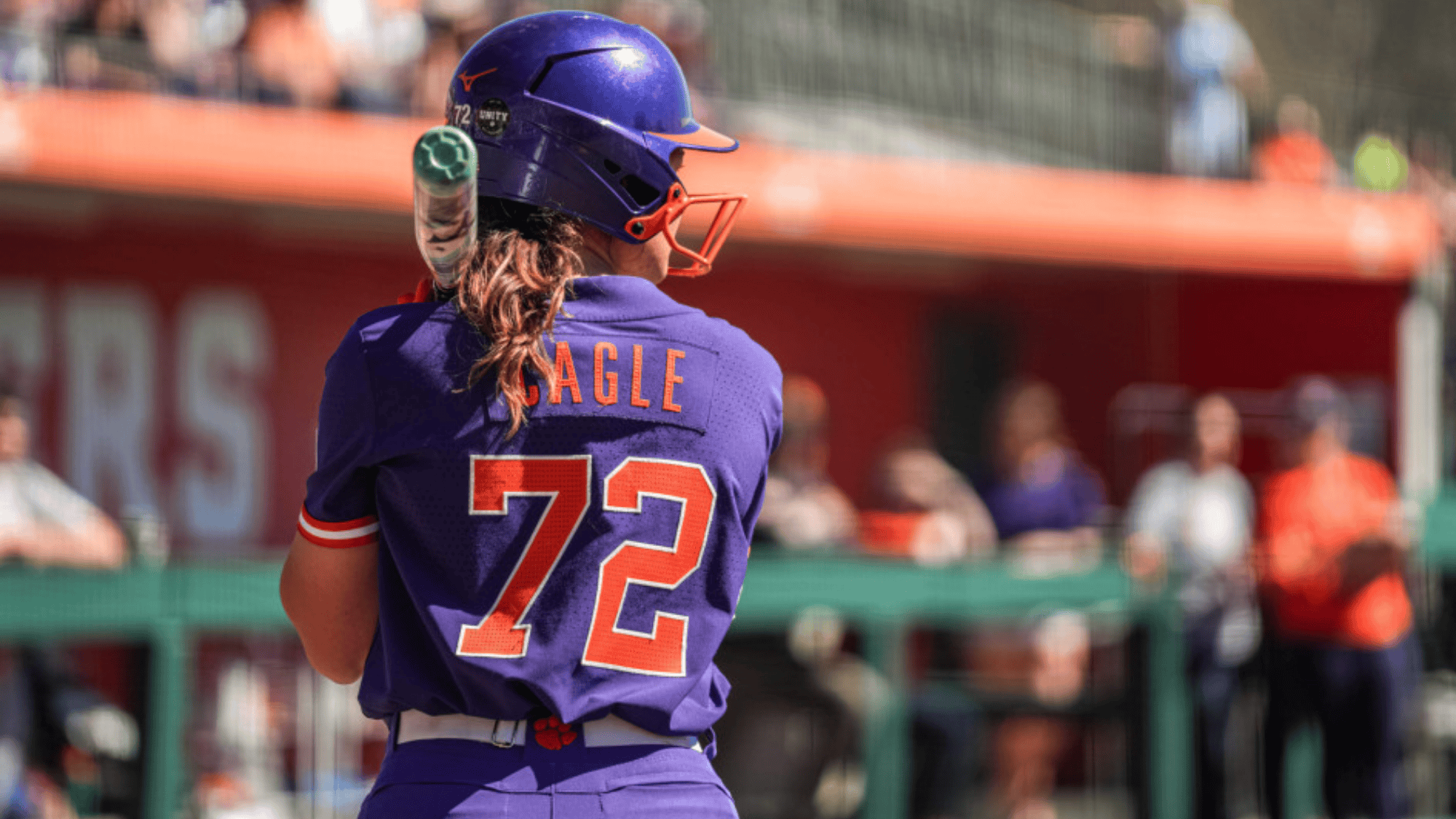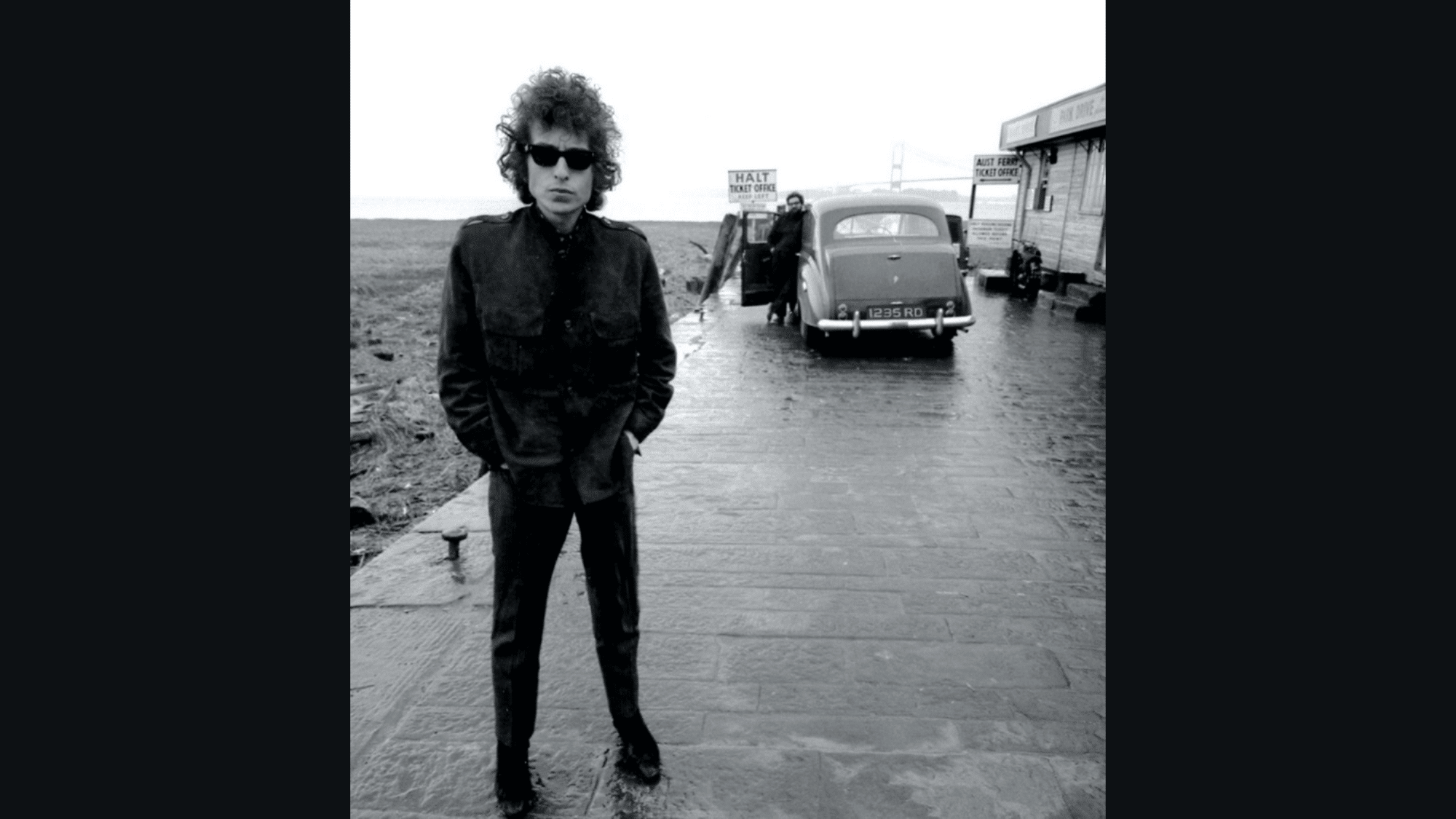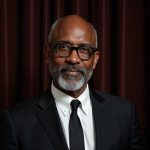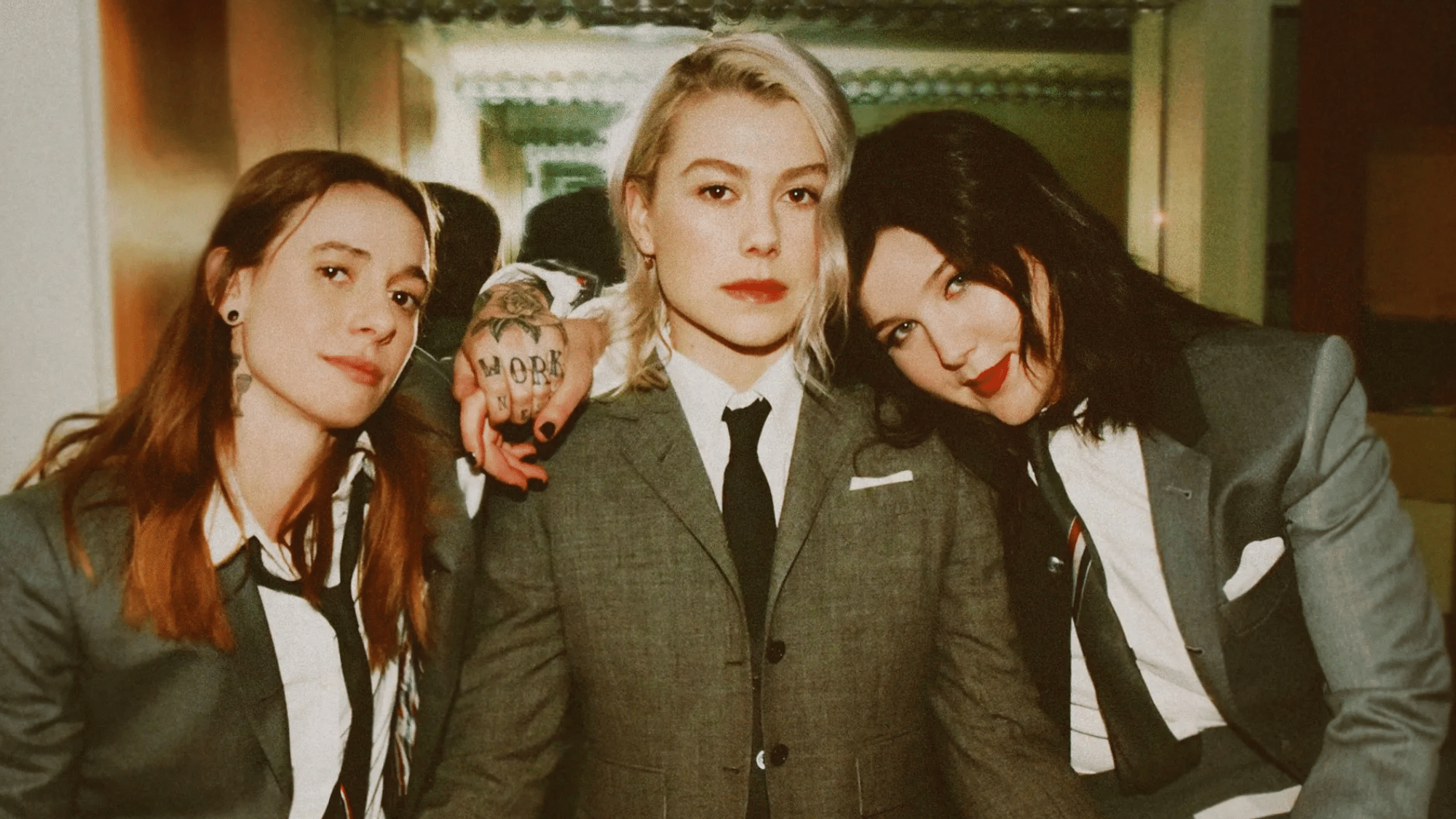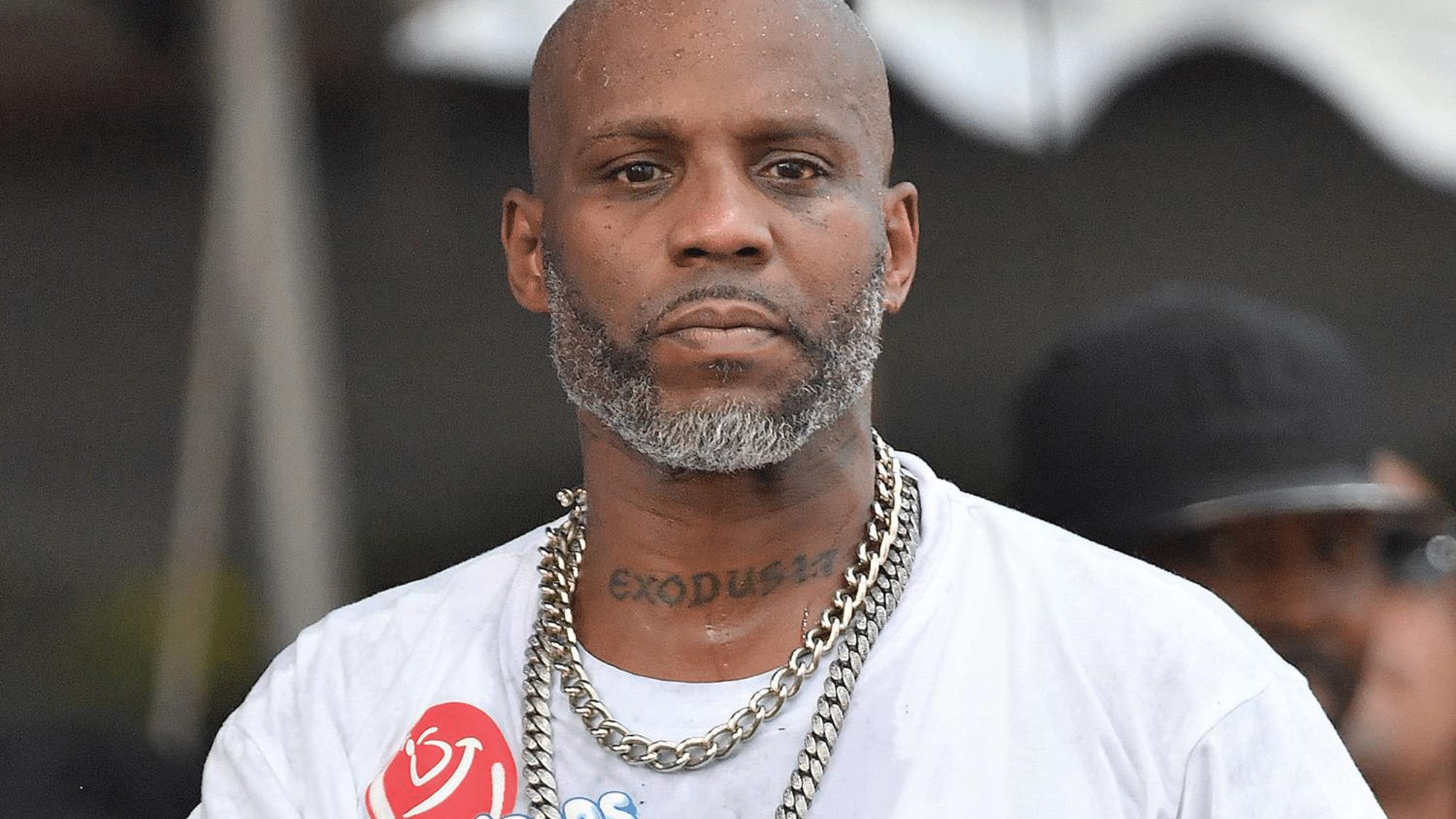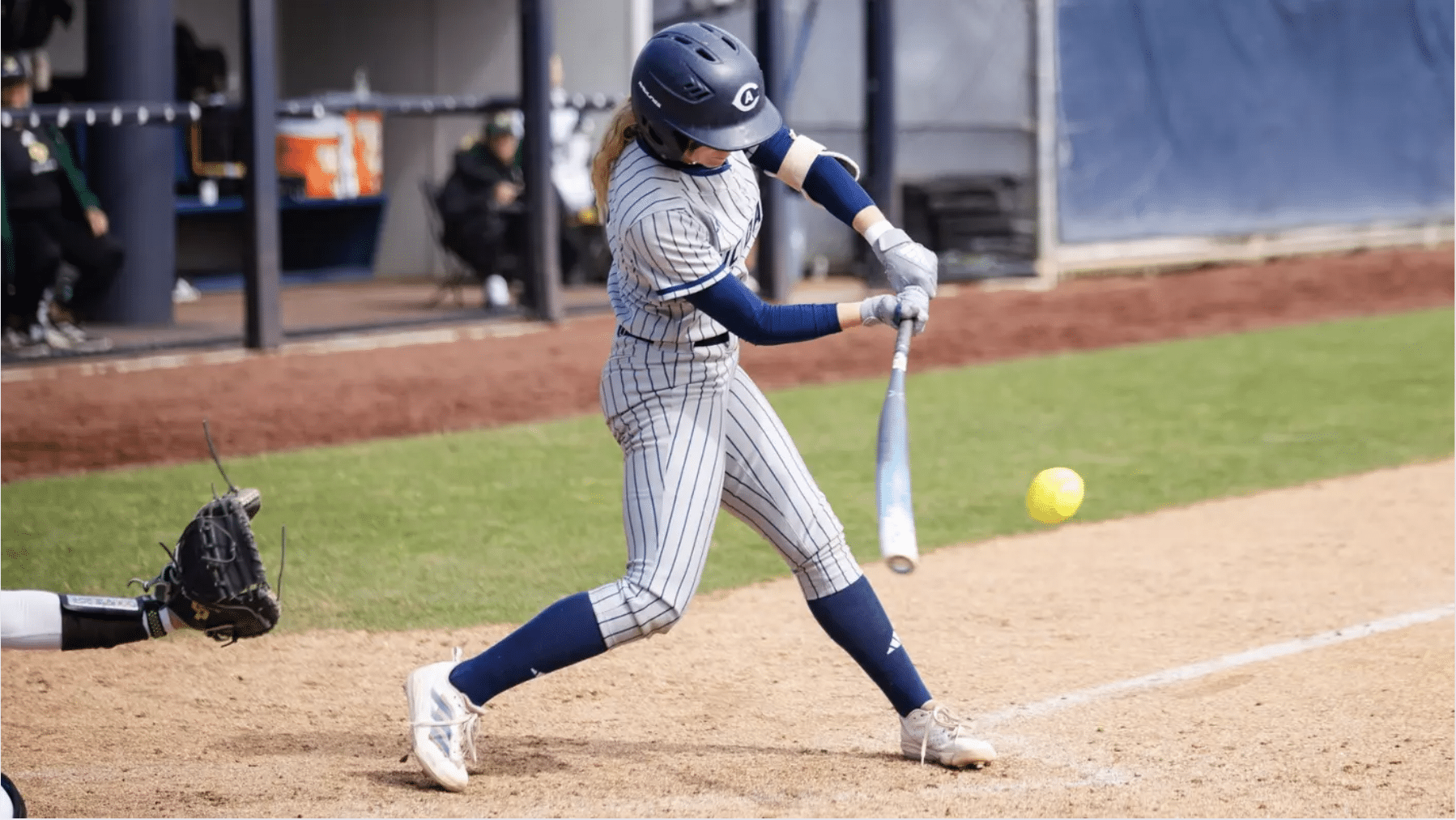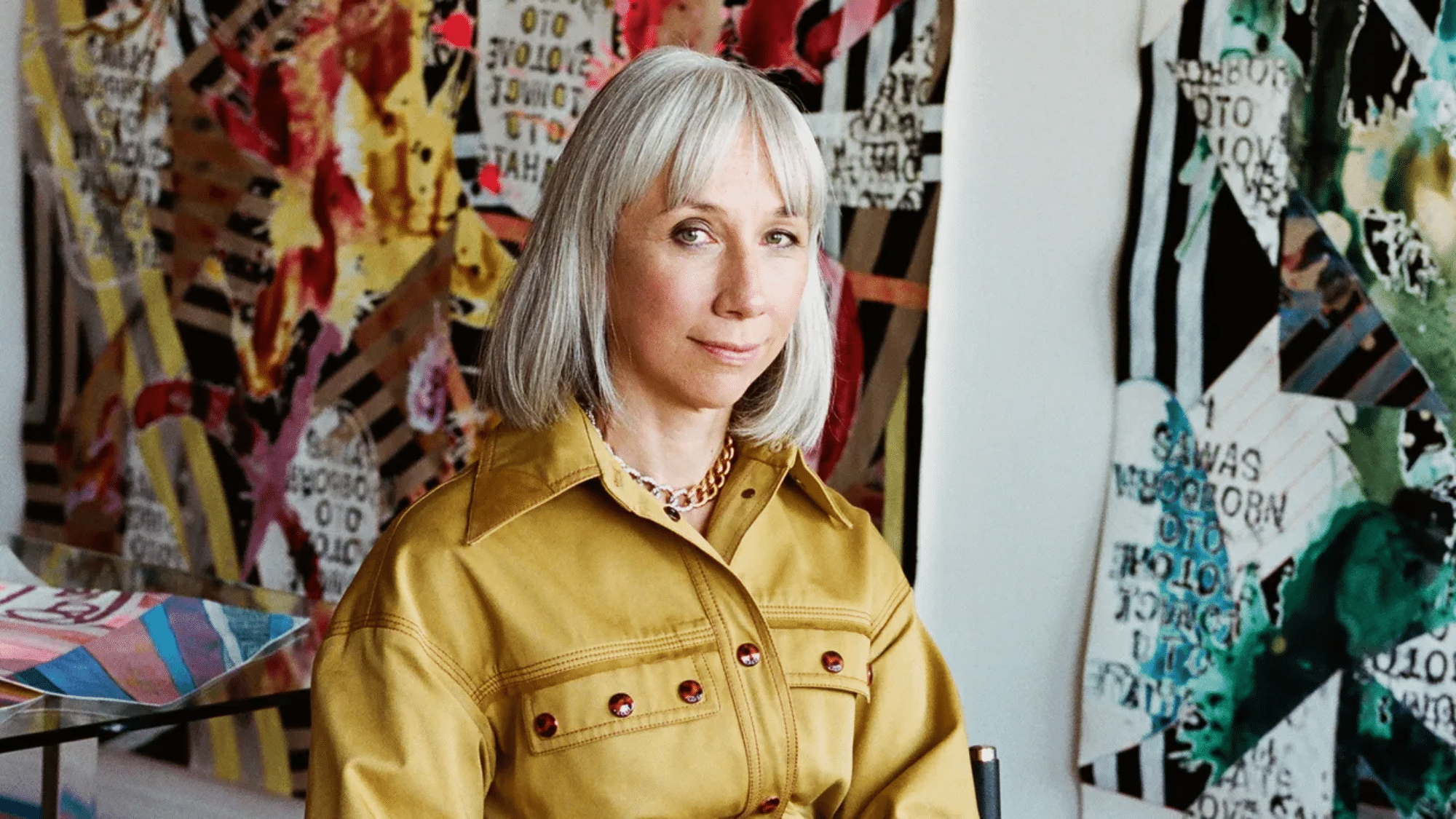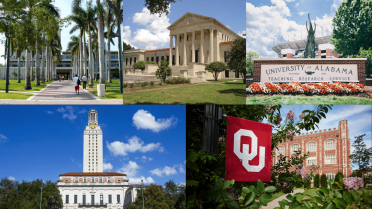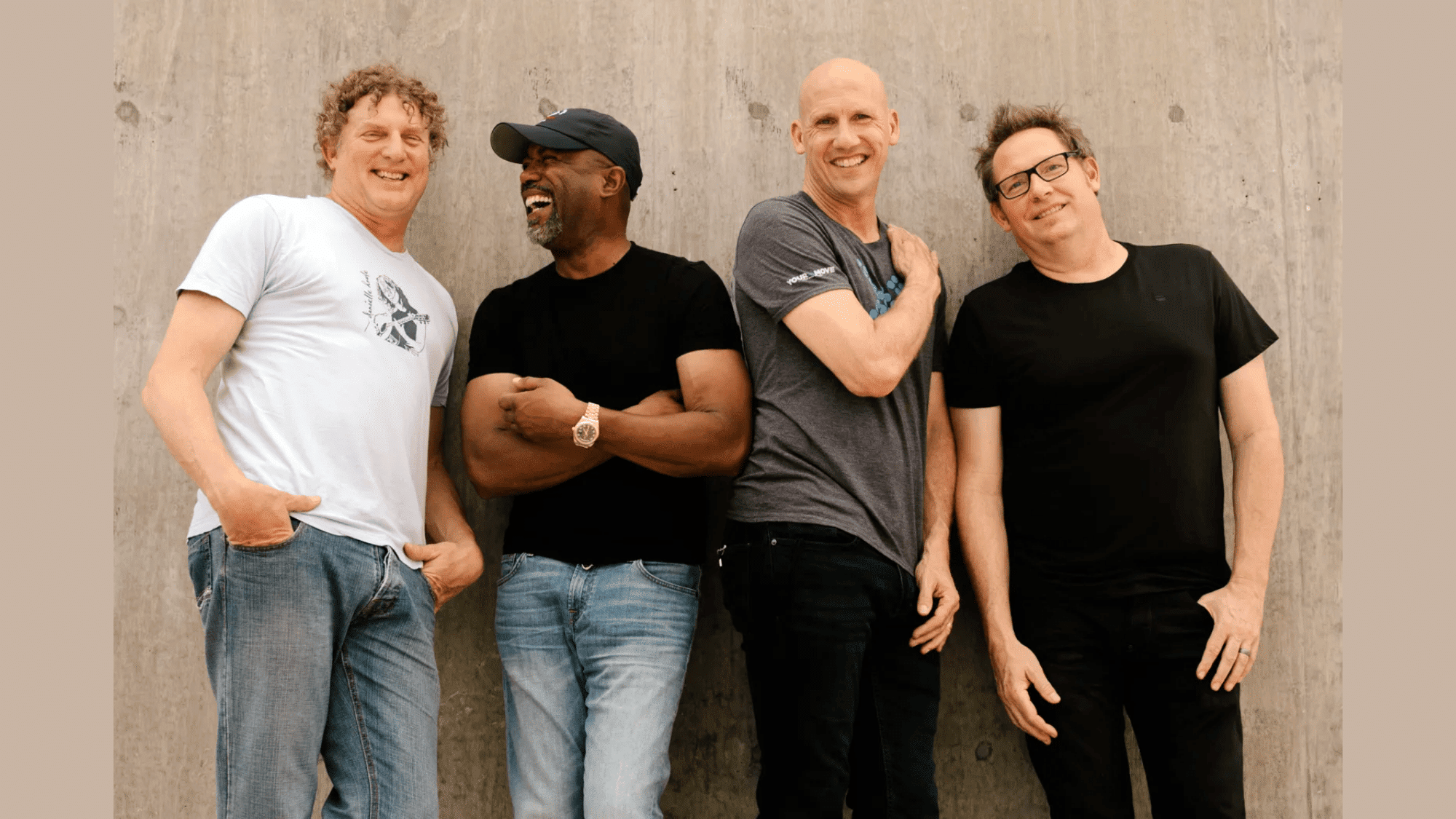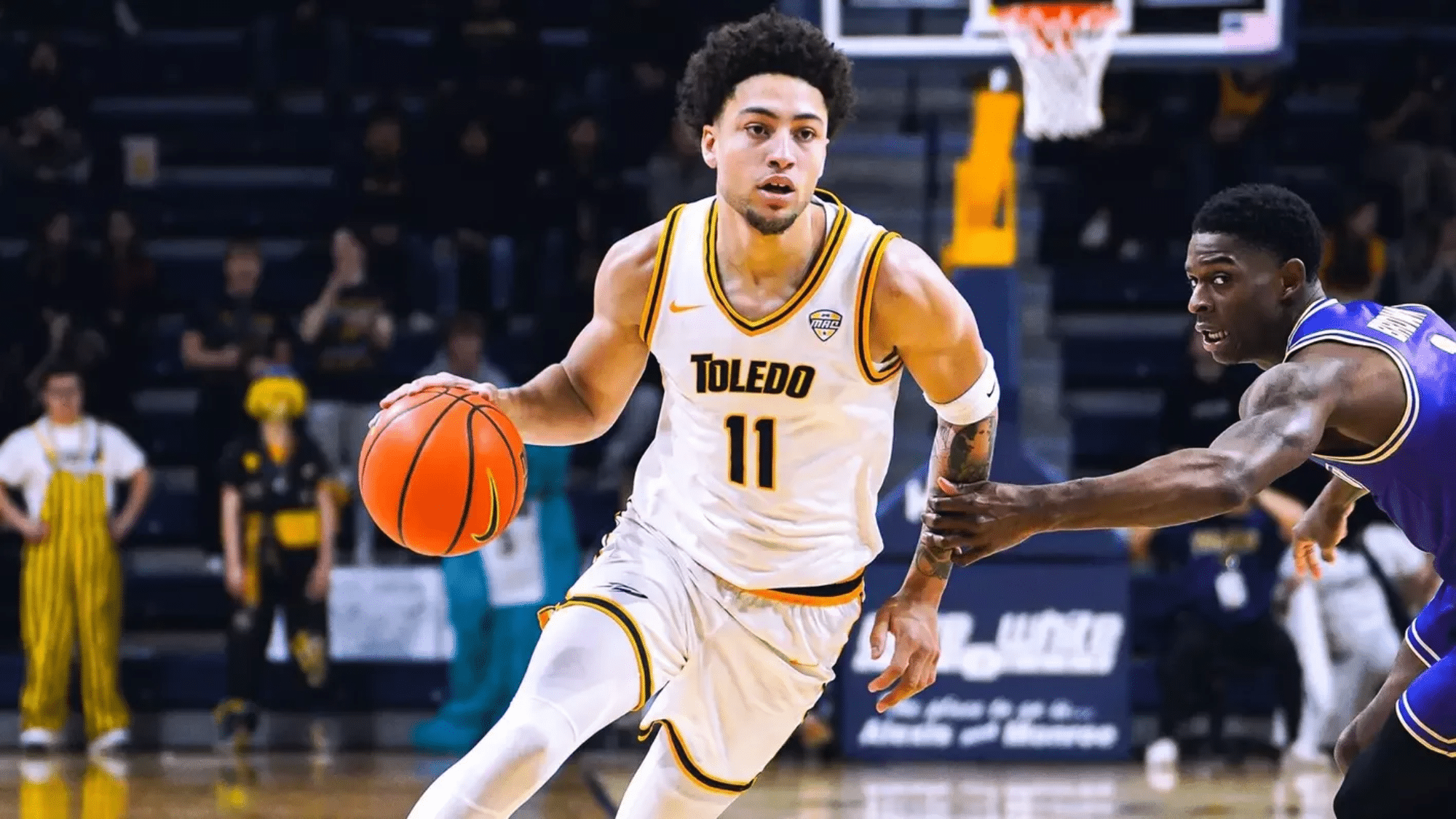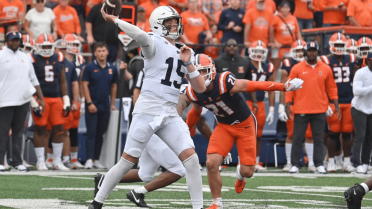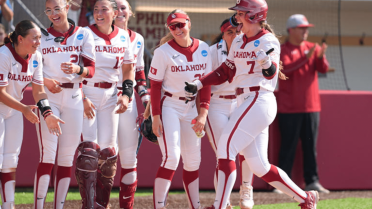Top Stories
The Zodiac Killer case remains one of America’s unsolved mysteries, having captured the attention of true crime enthusiasts and investigators for over five decades. If you are searching for the most recent news, updates, and developments related to the Zodiac
Are you curious about how many albums Drake has released so far? We have got you covered! From his start on Degrassi to becoming one of the biggest names in music, Drake has dropped hit after hit. But with studio
LATEST
Top Stories
Let’s talk about something most people notice when they walk into a clinic or hospital today. Everything feels faster, more organized, and a bit more connected than it used to. That’s because healthcare relies on data more than ever. Doctors,
LATEST
Top Stories
Patient care is entering a new phase. Hospitals and healthcare organizations are facing complex cases, tighter regulations, and growing expectations from patients and families. In this environment, advanced education has become a practical tool for improving how care is delivered,
Welcome to cuindependent, your space for bold ideas, fresh perspectives, and engaging stories. We bring you content that informs, inspires, and sparks conversation.
Stay connected — subscribe to our newsletter and never miss an update!
Explore
Our Picks
From inspiring artistry to achievements in sports and beyond, we bring the highlights.
A curated view of stories shaping conversations across fields today.
Some games aren’t just played, they are felt in the soul. These iconic rivalries go beyond the scoreboard, turning into battles of pride, passion, and identity that echo across generations. Whether it’s football in Argentina or cricket in India, these matchups light up stadiums, stir entire nations, and write unforgettable chapters.....
Fall is a magical season filled with vibrant colors, changing leaves, and endless creative inspiration. For teachers and parents, it’s the perfect time to introduce fall art projects that help children explore textures, colors, and nature while developing fine motor and creative skills. If you’re planning a classroom craft or.....
more
Meet Our Team
At CU Independent, we’re committed to delivering real, bold, and honest stories. Get to know the passionate team behind the content!
Samantha Lee
(Editor-in-Chief)
Dr. Alex Thompson
(Senior Features Writer)
Meet Our Team
Hootie & the Blowfish is a beloved American rock band, best known for their chart-topping hits in the 1990s. Formed in 1986 in Charleston, South Carolina, the band quickly rose to fame with their unique blend of pop, rock, and blues. Their catchy songs and relatable lyrics connected with fans, making.....
The wrinkled, hairless wonder known as the Sphynx cat captures hearts with their alien-like appearance and dog-like personality. These remarkable felines break every stereotype about cats being aloof or independent. With their warm, suede-like skin and enormous ears, Sphynx cats demand attention and thrive on human companionship in ways that might.....
In this day and age, people all over the world are becoming more conscious of the impact we are having on our beautiful green earth. Smart initiatives have already seen plastic bags removed from supermarkets and recycling schemes introduced to reduce the amount of waste that ends up in landfill. While.....
Most of us spend a lot of time thinking about what we need to do to fuel our bodies and maintain a healthy physique, but few of us ever really think much about our brain and what we need to feed it to keep it in good shape. We should. The.....
Our Contributors
As Seen On








